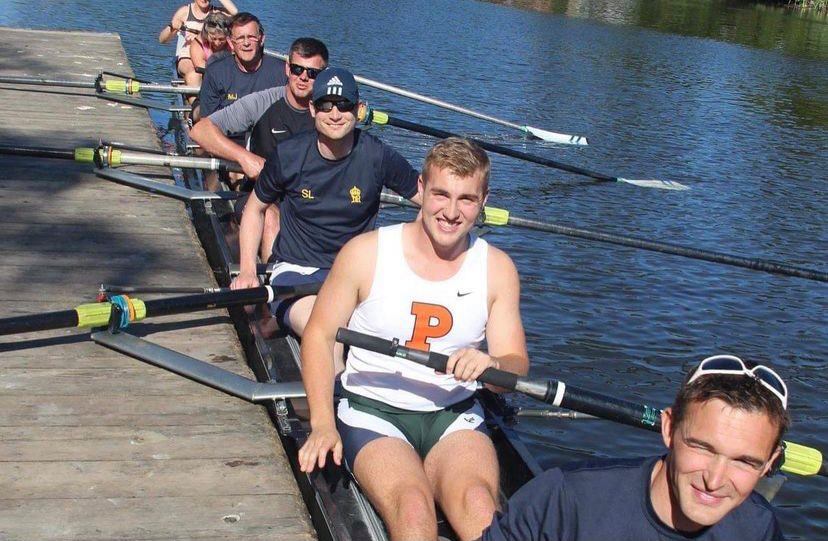
The alumni office recently interviewed Harry Higginbottom (OKS 2016) on zoom about his time studying at Princeton University in America. Harry was a fantastic rower whilst at King’s and rowed at a Junior level for GB. With university applications around the corner for our Upper Sixth students, we got an insight into how the American college system works and what it’s like to study at an Ivy League University.
A little about me
“I left King’s in 2016 and then I took a gap year and I’d been in talks with American universities prior to my gap year. Similar to most students I had no idea about the American school system – I didn’t understand the application system, how the universities worked etc. I had been doing fairly well rowing at a junior level at King’s and rowed for GB in 2015 so I was identified by a few universities as a potential scholar. I was recruited to Princeton, Yale, Washington, and California Berkeley and I chose Princeton.
Princeton is a University on the East Coast, around 45 minutes south of New York and is a really nice campus with approximately 5000 students. I’m studying economics and econometrics as my major. Princeton is an Ivy League University so cannot offer academic or sports scholarships, however they can recruit you, whereby they identify you as an athlete, and providing you meet the minimum academic requirements they can help you get in. Although you can’t get a scholarship – Princeton has an excellent means tested financial system and it’s really helpful (https://finaid.princeton.edu/). Non-Ivy League universities can offer you financial scholarships.”
How long is the process of applying?
“The process isn’t as long as you think. I took a gap year as an opportunity to develop as a rower however a gap year is not required to go to university in the US. I decided on American university quite late so I took the entrance tests for Princeton during my gap year which meant I already had my A-level grades when applying. I started discussions with American universities at the start of Lower Sixth, but you could do it in a year providing you do the entrance tests early on.
The trick is to start taking the tests early and do them as many times as you need. American universities don’t count how many times you take the entrance test – they just care about your highest score. It’s a very unfamiliar testing system so it is difficult to do fantastically well first time. Unlike UCAS, each university has their own application system with a variety of tasks and essay questions that are required.”
Did you go through an agency when applying?
“I was lucky to be guided by rowing coaches who were experienced in helping UK scholars get recruited to American universities. I haven’t had any experience with agencies myself but I think they’re quite expensive. King’s School have great Sixth Form staff and sports coaches that you can use and you should definitely take advantage of the King’s alumni as we know what the admissions teams are looking for and what a good application should include.”
How different is the way you study in comparison to UK universities?
“The biggest difference is the additional year of study at American universities. This allows you to take classes in your first year in different subjects and find out what it is you want to graduate in. For example, to declare as a history major at Princeton you have to take 3 history classes in your first 2 years, however alongside those classes you can take classes in any other subjects you are interested in. Princeton in particular is notoriously good for liberal arts subjects and they require you to take a philosophy class, ethics class, and a language class which makes you a well-rounded student.”
Does gaining a scholarship mean you have a full free ride during your time in America?
“Sadly, getting a scholarship at a US university does not mean you get a full free ride. An American scholarship (for non-Ivy League universities) tends to be based on how talented you are athletically. If you are recruited and gain a sporting scholarship, the University will expect you to perform at the same level (and continuously improve) as you have been previously, and failure to do so means they can cut your scholarship. Whereas at Ivy League universities if you choose to stop competing your financial aid package will continue as its based on your need for financial assistance not your sporting ability.
Sometimes universities attach terms to their scholarships so make sure you speak to the coaches over the phone/email to find out. It’s important to develop a relationship through continuous contact with the coaches before you start so you feel comfortable asking important questions about the terms of your scholarship or how much money you’re likely to receive. It’s also important to remember that although it is a lot of money to study in the USA, and scholarships and financial aid are extremely helpful, you do graduate debt free which is great.”
How important are your grades when applying for a sports scholarship and whilst you’re out there?
“Having better grades will of course lead to you getting into better universities and unless you are a world champion in your sport, your academics are really important. If you’re being recruited through a sport then you only need to meet the minimum grade requirements however I think it’s important you get the best grades possible anyway. Some scholarships will attach academic terms such as maintaining a minimum GPA throughout your time there.”
Any further advice?
“No question is a stupid question! Don’t be afraid to ask questions and use the resources and people available to you. Some students go through the process of applying with minimal contact with the University coaches and then when they arrive they know very little about the university. Also, if you are being recruited for a sport, they will pay to fly you over for a recruiting visit so you can get a feel for what it’s like. I went to California and New York and stayed with people who were on the University Rowing Team and got to know the campus and coaches. The sports requirements and training schedules at these universities are draining so you need to make sure you like the University. https://studyinthestates.dhs.gov/ is a great website with resources for visa applications and university guidelines and students are also welcome to talk to me and ask me any further questions about my experiences.”

Harry at the 2018 King’s Alumni vs Students race














